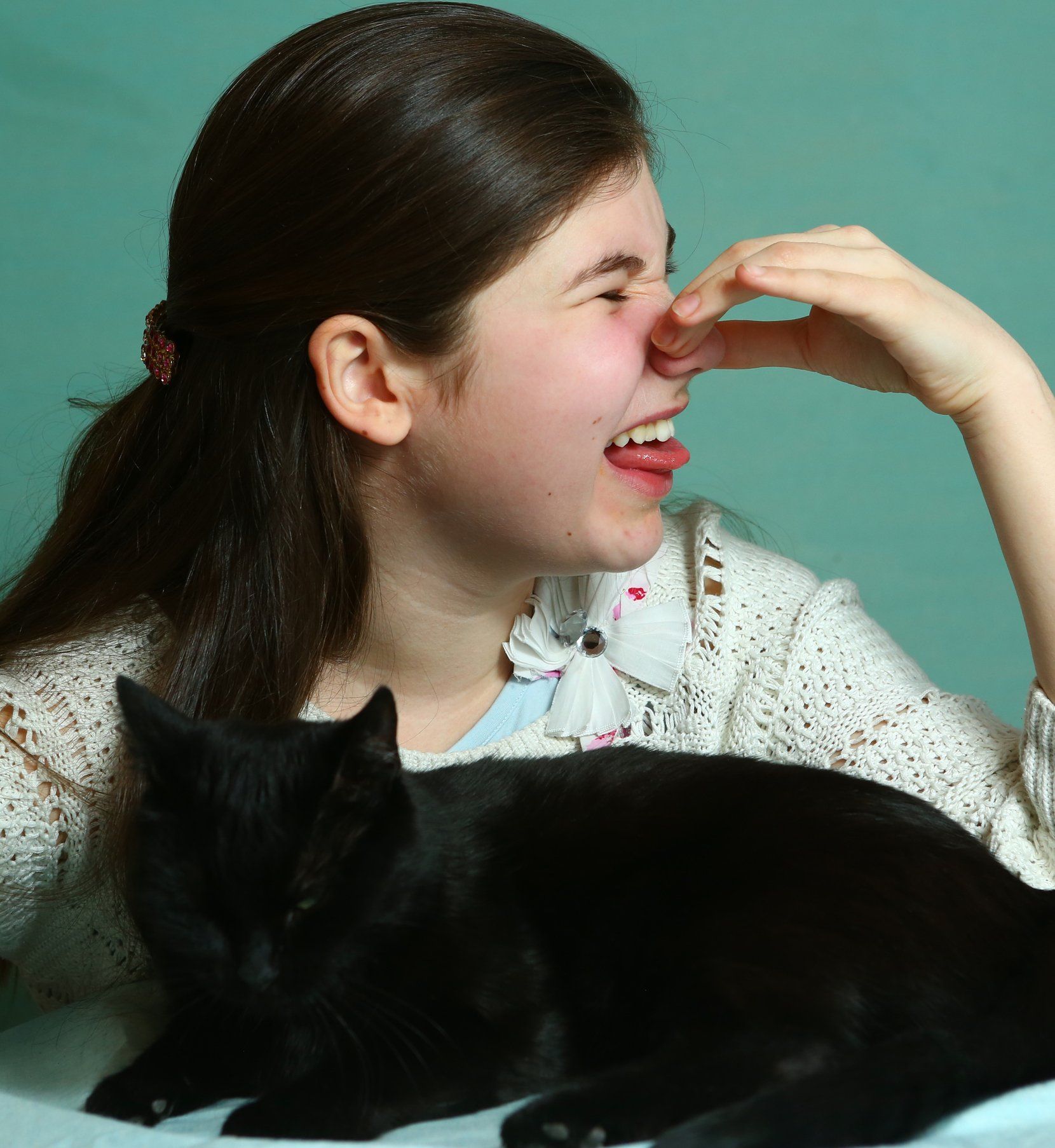If you plan to move an older loved one into your home, you may worry about keeping their health safe, especially if a doctor recently diagnosed your relative with adult onset asthma. Adult onset asthma (late onset asthma) generally occurs after 50 years of age.
Your home and property may contain triggers that aggravate your loved one's asthma, including pollen and dust mites. If your loved one inhales pollen or dust mites, they can experience shortness of breath, chest tightness, wheezing and coughing. The symptoms can become serious if you don't treat them immediately.
With the following information and tips, you can locate and secure the things that may cause problems for your relative's asthma. You also learn how to find treatment for your loved one if they do experience an attack.
Once your relative arrives at your home, they may want to explore your property. But some people experience problems with their asthma when they encounter plants that release pollen. Because of your loved one's recent diagnosis, they might not know if they have allergies to plants right now.
Some trees in Texas and nearby states can trigger asthma problems, including the mountain cedar tree. Although the tree grows near mountains, you might have one your property. You should also be aware of plants that bloom late in the year, including ragweed. Ragweed can make asthma and its symptoms worse for some individuals.
If possible, check your local weather guide for updates about pollen season. Although most plants release pollen in the spring and summer, some plants can become active in the fall. Try to remove plants and trim trees that could potentially aggravate your loved one's condition.
After you take care of the outside of your home, make a few changes indoors.
Dust mites are tiny pests that consume the dead cells your skin sheds throughout the day. The dust in your home picks up the dead skin cells, which attracts and feeds dust mites. Dust mites can live anywhere that has dust, including your carpets.
Although you can vacuum your carpets to help control the dust mites in your home, it may not be enough. The fibers of your carpets may hold on to mites and their food source. If your vacuum isn't strong enough to remove all of these things, it can be difficult on your loved one's asthma.
If it's possible for you to do so, replace the carpets in your loved one's room and living space with tile or hardwood flooring. The flooring offers immediate relief from dust mites. Try to keep the flooring mopped and sanitized regularly to avoid problems in the future.
If your loved one experiences asthma symptoms or an attack and you can't figure out why, contact an allergist for care. An allergist can perform different tests on your relative to see why they experienced problems at your home. The tests may pinpoint or diagnose the trigger right away.
An allergy specialist can't cure or get rid of your loved one's asthma, but they can offer treatment for it, including
allergy injections. The injections help strengthen your loved one's immune system, which allows it to fight the triggers more effectively.
Most people require regular injections to avoid problems. However, an allergist will generally consider your loved one's age and overall health before they establish a treatment plan. If you have questions about your loved one's treatment, be sure to discuss it with an allergist as soon as possible.
You can learn more about asthma and how it affects the elderly by contacting
Dr. Joseph Pflanzer, MD at the Allergic Diagnostic & Treatment Clinic today.











